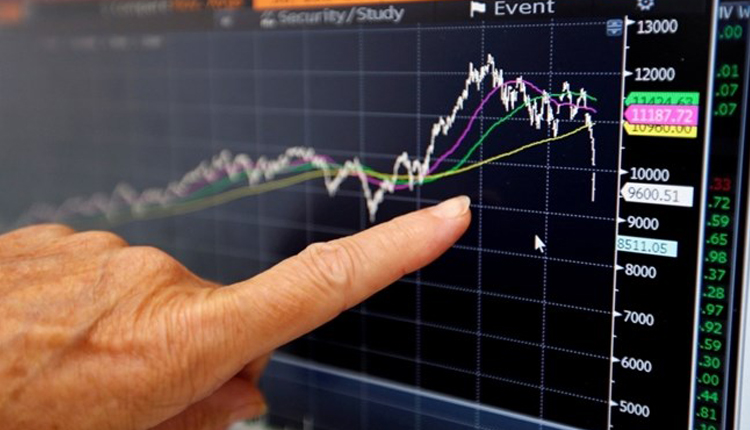European markets were seen opening higher Wednesday morning as investors looked ahead to key central bank meetings, while trade tensions and the risk of a no-deal Brexit have cooled for now.
The FTSE 100 was seen around 24 points higher at 7,292, the DAX was expected to open around 57 points higher at 12,326 and the CAC 40 was set to climb around 8 points to 5,601, according to IG data.
The European Central Bank (ECB) meets Thursday to decide its latest monetary policy, with markets cautiously hopeful of a fresh stimulus package to boost the ailing euro zone economy.
Meanwhile, senior White House advisor Peter Navarro on Tuesday moved to calm expectations for the next rounds of U.S.-China trade talks, which are set to begin in October.
China on Wednesday moved to exempt 16 types of U.S. products from its additional retaliatory tariffs. These include whey and fish meal, used as animal feed, along with some lubricants, according to a statement from the Chinese Ministry of Finance. The exemption will be valid for a year from September 17.
Beijing is also expected to buy more U.S. agricultural products in the hope of sweetening Washington’s stance on trade and securing a better deal, the South China Morning Post reported on Tuesday.
Asian shares traded mixed Wednesday afternoon, with mainland Chinese shares mostly lower while indexes in Hong Kong, Japan and South Korea advanced.
European banks have been voicing increasing concerns about the ECB’s rock-bottom interest rates ahead of the central bank’s meeting on Thursday, with the ECB Governing Council expected to double down on a policy which squeezes their profits. The president of Germany’s savings banks association joined Dutch bank ING on Tuesday in lambasting loose monetary policy.
Meanwhile, Deutsche Bank said in a note on Tuesday that it now forecasts a further 100 basis points of rate cuts from the U.S. Federal Reserve, and sees growth falling to below 1.5 percent by mid-2020 assuming no trade war escalation.
Back in Washington, the departure of hawkish U.S. National Security Advisor John Bolton sent oil prices southwards on Tuesday, with his exit seen as lessening the chance of a military conflict between the U.S. and Iran.
Source: CNBC


